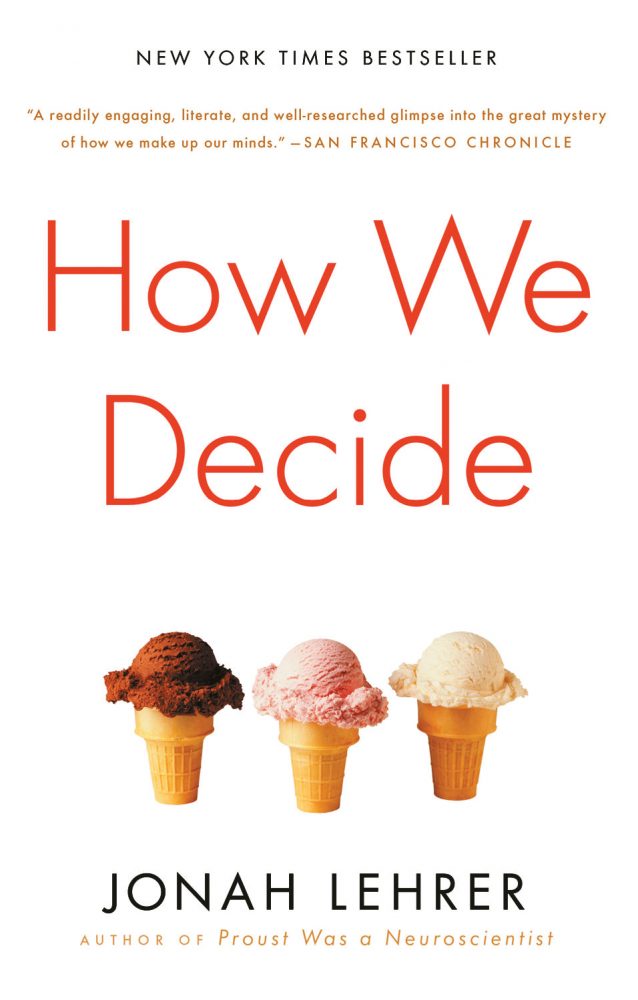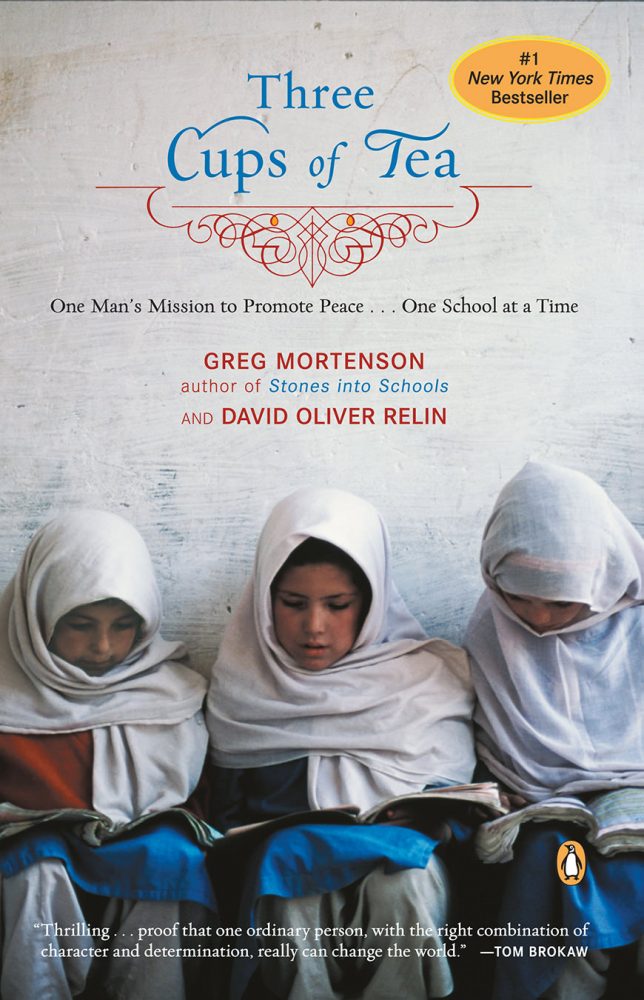Just because it’s summer doesn’t mean your reading material has to be mental junk food. Thanks to the new breed of non-fiction page-turners, your summer reading can lead to mental and spiritual self-improvement. Honest.
Three Cups of Tea by Greg Mortenson and David Oliver Relin details how Mortenson started out climbing mountains and ended up moving them, at least metaphorically. Mortenson was attempting to climb K2, one of the deadliest mountains on the planet, when he and a teammate abandoned their quest in order to rescue a fellow climber. After the ordeal, Mortenson became lost on his way down the mountain. He ended up in Korphe, a tiny village at the edge of Baltistan, near the border of Pakistan and China.
When the isolated people of Korphe took him in, he was struck first by their generosity and then by the pervasive poverty that lay beneath the seemingly idyllic village life. In almost every family, someone had goiters or cataracts. Many of the people had ginger hair, caused by severe malnutrition. When Mortenson witnessed the children of Korphe kneeling on the ground to study, he decided to help them by building a school.
What follows is a classic hero’s journey. Back in the U.S., Mortenson slept in his car to save money while working as an emergency room nurse. He wrote 508 appeal letters. When he finally returned to Korphe with money, the village had decided that they needed a bridge before the school could be built. The first school took three years to complete.
The success of that single endeavour would be remarkable enough, but Mortenson and his Central Asia Institute went on to build 55 more schools, and they did it against the backdrop of terrorist attacks of 9/11, the ensuing war in Afghanistan and the massive influx of Saudi-funded Islamic fundamentalist madrassas, which by 2001 were educating two million Pakistani children. Twenty per cent of those students were receiving schooling that “emphasized jihad and hatred of the West at the expense of subjects like math, science and literature.”
Every part of Three Cups of Tea is inspiring, from Mortenson’s superhuman negotiating and organizing efforts to the compelling portraits of the local people, Pakistani and Afghani, who helped to make the schools realities. The title refers to the talking, the waiting and the formalities that are required to do business in Central Asia, but the story also underscores the lessons Mortenson learns from the people he works with: patience, graciousness, acceptance and loyalty.
To help us understand someone like Mortenson, I recommend How We Decide by Jonah Lehrer. According to one experiment detailed in the book, brain scans have shown that people who have more activity in their sympathetic brain regions are “much more likely to exhibit altruistic behavior.” Apparently, for such people, “acts of charity are pleasurable.” It’s a fitting confirmation of karma to discover that Greg Mortenson, whose brain must be lit up like Times Square most of the time, is himself experiencing some of the benefits he so selflessly provides others.
How We Decide is the latest entry in the increasingly popular field of books about neuroscience. It’s an entertaining and informative read about the balance between instinct and rational thought. Throughout the book, Lehrer uses classic experiments and real-life examples to illustrate his points. We learn why rational thought is useless in certain athletic endeavors, how instinct plays into games of chance and how our grey matter might lead us to behave in both altruistic
and selfish ways.
One of the most interesting parts of the book is the discussion of what is termed “loss aversion”, part of the “larger psychological phenomenon known as negativity bias, which means that, for the human mind, bad is stronger than good.” This psychological bias, according to Lehrer, explains why “in marital interactions, it generally takes at least five kind comments to compensate for one critical comment.” It’s a positive relief to discover that, while beating yourself up for dwelling on the negative, you’re just experiencing a touch of negativity bias. In fact, the book is filled with all kinds of insights that make our sometimes unfathomable tendencies a little more fathomable, and Lehrer’s wit, animation and pace ensure that the lessons are painless.
So while your friends on the nearest beach towel crack the latest Nora Roberts, you can give your heart and mind a workout with these two new non-fiction titles, without sacrificing the vacation time you’ve been hoarding for a good read.











